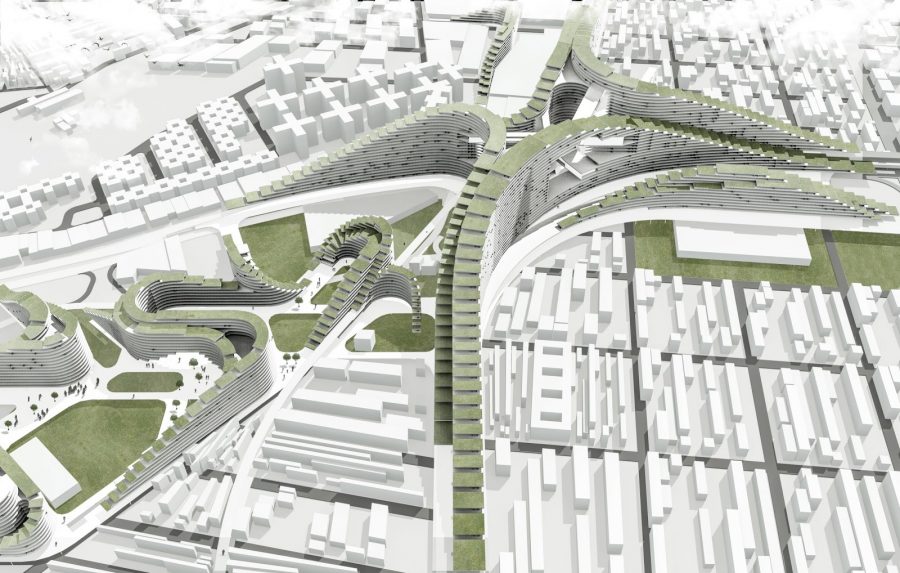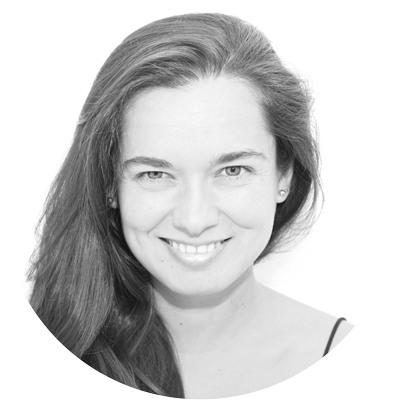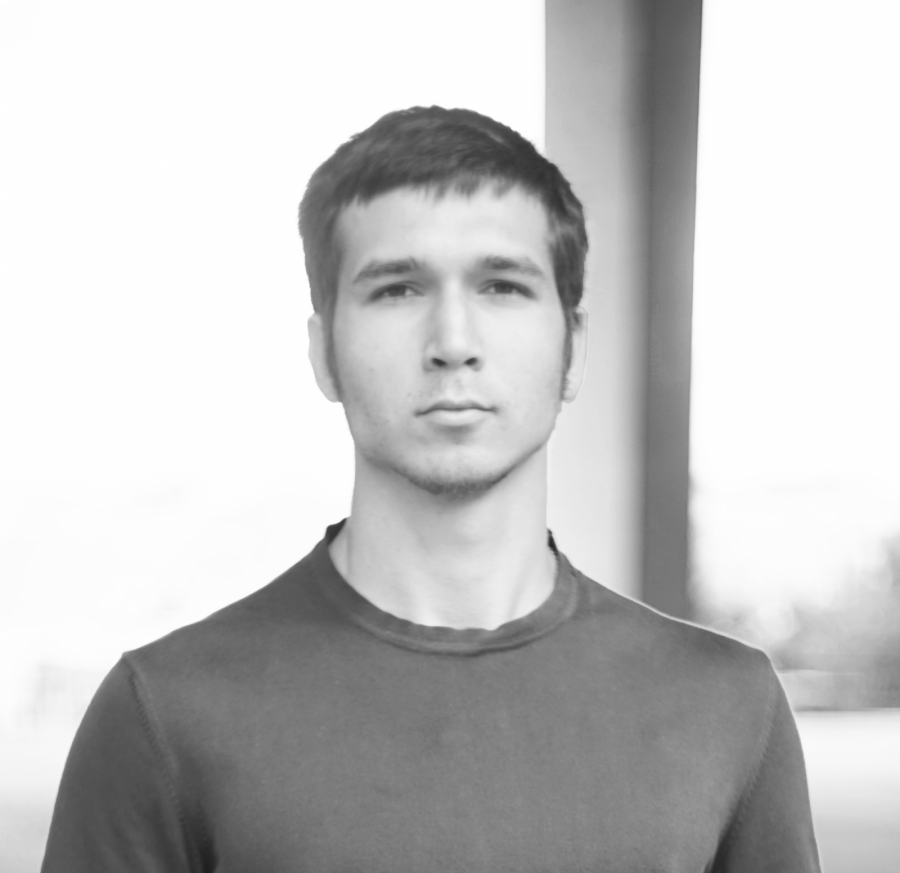IAAC – Institute for Advanced Architecture of Catalonia
Global Summer School Program 2021
Online Course: Environmental Design // Computational modelling and simulations
Duration: from the 26th until the 29th July 2021
ENVIRONMENTAL DESIGN
COMPUTATIONAL MODELLING AND SIMULATIONS

Ph credits: INTERLINK _ Stefana Zapuc; Teddy Fadous; Deniz Akyürek_Faculty: Rodrigo Aguirre_ Faculty assistant: Ashkan Forough; Ivan Marchuk
Syllabus
Over the last years, sustainability has become a key topic in the architecture, engineering, and construction industry. Professionals involved in AEC have the opportunity to impact change within the environment, and thus the responsibility to do so from a standpoint of knowledge and diligent evaluation. Aligned with the necessity for performance-aware design, a growing suite of environmental analysis and simulation tools are developed and readily available within mainstream CAD frameworks.
Literacy around environmental data analysis and the ability to use environmental simulation as drivers of the design process is key to the toolset of the emergent architects, urban planners, and decision-makers. This workshop aims to take students through the complete workflow of evidence-based environmental design supported by a generative optimization framework to enable the exploration of vast design spaces.
Starting from the analysis of an existing unused plot or a site selected for rehabilitation, students will formulate the design problem, develop an optimization hypothesis, parametrically explore the wide solution space and propose an optimal solution supported by data. This hands-on investigation will enable students to apply state of the art analytical techniques to complex problems in real context.
Learning objectives
At course completion the student will:
- Learn key concepts of environmental analysis using parametric tools
- Understand concepts of multi-objective optimization
- Understand how to define sustainability goals as measurable design parameters
- Learn to setup a generative optimization process
- Be capable to perform multi objective optimization on a parametric model
- Be able to set out an optimization strategy on a given problem
Previous Knowledge / Students background requirements
The workshop is open to all applicants with a bachelor degree related to the fields of Architecture, Design, Arts and Engineering willing to engage in the program. No previous extensive knowledge is required. The participants will receive lectures and classes to be introduced to the workshop’s topics, softwares and tools.
Faculty

Oana Taut is a Romanian architect with a Master’s Degree in Advanced Architecture from the Institute for Advanced Architecture of Catalonia. She obtained her first master degree in architecture at UAUIM in Bucharest, Romania and completed the two-year Master in Advanced Architecture at the Institute for Advanced Architecture of Catalonia (IAAC) in Barcelona, Spain. Oana’s professional aim is to design space from objective data, and materialize it in a sustainable way. Her interests include computation, genetic optimization, digital fabrication and immersive visualization technologies.
Her master thesis project developed in IaaC is a research on the topic of artificial intelligence as enabler of a renewed architectural process. During the last year she has also acted as student assistant for the Computation Seminar, and then for the Self Sufficient Buildings Research Line. Before coming to IAAC Oana has worked as an architect in Ireland, involved in education projects locally and hospitality projects in the Middle East.
Faculty Assistant

Ivan Marchuk is an architect and a computational designer with a background in both traditional and advanced architecture, urban planning, and design. Ivan obtained a Bachelor’s degree in Architecture from Moscow Institute of Architecture (2018) and completed the two-year Master in Advanced Architecture at the Institute for Advanced Architecture of Catalonia (IAAC) in Barcelona, Spain.
During the past couple of years, Ivan has participated in a broad variety of academic and professional projects, most of them tightly related to advanced computational tools and digital fabrication strategies. Ivan has also been involved in various academic activities and workshops at IAAC such as the “Complex Forming” and “Bifurcation” seminars (in 2020) and performed as a computational design student assistant at IAAC during the academic year of 2019-2020. At the moment Ivan works as a computational designer at External Reference Architects and works on computational research and education at the In_Generic online parametric bureau.
WEEKLY SCHEDULE & TIMETABLES
Option 1 – Synchronous calendar (Barcelona time – GMT+2)
Recommend to European, African, Asian and Australian participants.
From Monday 26th July until Thursday 29th July 2021
Teaching activities will run from 10.00 to 14.00 GMT+2
– 8 hrs of live teaching
– 8 hrs of live mentoring and exercises review
– 1 hr of IAAC summer lecture
– Final GSS diploma certificate ceremony
Option 2 – Asynchronous calendar (America time – GMT-4)
Solution recommended to participants from all the time zones who are looking for a more flexible schedule.
From Monday 26th July until Friday 30th July
Live teaching activities will run from 11.00 am to 1.00 pm (GMT-4)
– 8 hrs of recorded teaching
– 8 hrs of live mentoring and exercises review
– 1 hr of IAAC summer lecture
– Final live GSS diploma certificate ceremony
Main tools
Software
Rhinoceros 7.0. The 90-day trial version can be downloaded from the website www.rhino3d.com/eval.html Other software to be specified by session.
Because Grasshopper 3D works best for the Windows operating system, we recommend students to have an installation of Windows (preferable Windows 10 x64). If you have an Apple computer, it is recommended that you install Windows on Boot Camp which will perform better than Parallels or VMWare. It is recommended that you max out the RAM potential on your computer.
Plugins
All Grasshopper plugins will be provided by the instructors.
Hardware
8 GB memory (RAM) or more
At least 600 MB space in the hard drive
We recommend a compatible video card for OpenGL 4.1.
Operational System
Windows 10, 8.1 or 7 SP2 (Grasshopper 3D is only currently available for the Windows operating system. For this reason, every student is required to have an installation of Windows).
Note: If you have an Apple computer, it is recommended that you install Windows on Boot Camp which will perform better than Parallels or VMWare.




